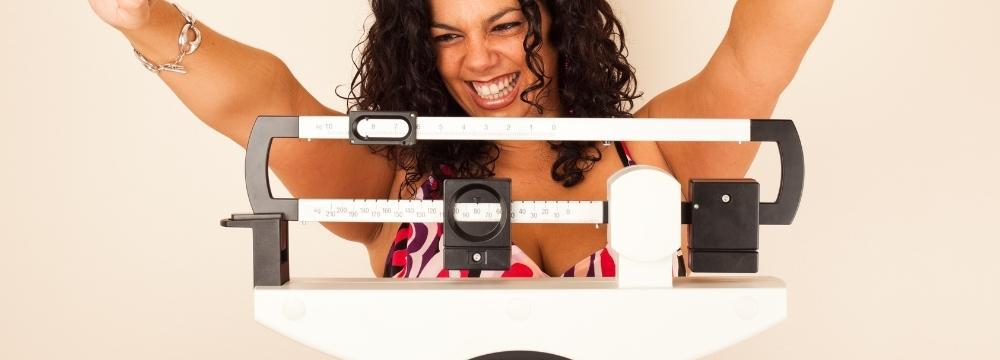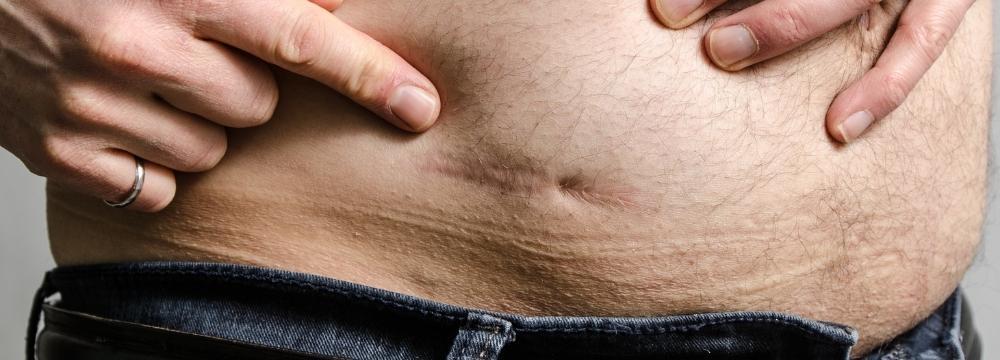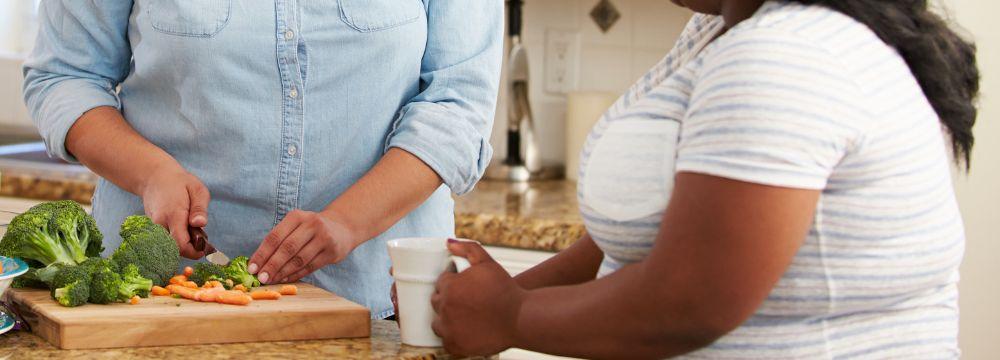Blog Archives
Can You Be Obese and Healthy?

Obesity and its related diseases represent one of the modern world’s most significant public health crises. If we take the US alone, upwards of a third of the population is obese, while almost two-thirds are overweight. This widespread presence of obesity has begged the question of whether you can be obese, yet healthy. The answer is nuanced, so let’s dive right in.
First, we must talk about obesity, which represents a BMI or body mass index of 30 or higher by today’s measurement standards. The body mass index is a rudimentary calculation that doesn’t consider several factors, including muscle tone, body frame, gender, age, and ethnicity, all of which can influence whether a person is genuinely suffering from weight-related problems. However, regardless of the accuracy of the BMI, it is not unreasonable to think that somebody of average stature and frame would be at a higher risk for the diseases associated with excess weight once they cross the 30 BMI threshold.
Why Dieting Alone Simply Doesn’t Work

Have you found that what seems like endless days of dieting slowly yield fewer and fewer incremental pounds lost? Today, we will discuss why obese patients who try to embark on dietary restriction alone have difficulty maintaining their weight loss progress and often end up regaining their weight.
Restricting your caloric intake is the fastest way to lose weight, certainly at the beginning of your dietary program. Avoiding ingesting calories in the first place is far easier than burning them off later, either through exercise or resting metabolic activity. However, the human body is incredibly adaptable and will make changes to compensate for this reduced caloric intake. The body, which has considered your higher weight as normal for years, will work hard to maintain what it wrongly believes to be an equilibrium. We now know that the body develops a sort of set point. It will adjust the metabolism and how it stores fat to maintain that setpoint. Dieting alone is often insufficient to break through and continue losing weight long-term.
Will I Be Able to Eat My Favorite Foods After Bariatric Surgery?

The decision to have bariatric surgery has so many facets. For someone who hasn’t yet considered the surgical route, it’s hard to understand the considerations and fears that a person has about postoperative life. One such concern very legitimately revolves around the concept of what can and can’t be eaten after surgery. Why is this such a big deal for those considering bariatric surgery? The answer lies in our relationship with food.
For many of us, food has become a crutch – a comfort during times of emotional extremes, whether sadness or happiness. Our society has created a situation where celebrations and commiserations all revolve around food and drink. The result is that we rely on food far more than we think. When the prospect of not having that food in our future becomes a reality – when we begin to consider something like weight loss surgery – the idea of losing that crutch is daunting.
Staying Positive During Weight Plateaus

If you’ve never tried to lose weight, you might not understand the dreaded “weight plateau.” And it works both ways – people trying to gain weight, bulk up and add muscle, also face weight plateaus. But, today, we are focused on the weight loss plateau, a hurdle virtually every bariatric patient will experience along their journey.
The biggest issue with hitting a weight plateau is frustration. You become frustrated that you’re not losing weight fast enough though you continue to do the right things – the things your bariatric surgeon and nutritionist have advised you to do. You’re doing everything RIGHT! Why is the scale not moving down faster?
Gastric Sleeve Scars – Are They Big and Will They Go Away?

Scarring after any surgery is a concern. If you are considering a bariatric procedure or gastric sleeve, you may be wondering how big the scars will be after surgery and whether they will be visible longer-term. In this blog, Dr. Abbas will walk you through what scarring looks like, who is more prone to scarring, and tips and tricks to minimize them.
Hi everyone, it’s Dr. Abbas, and I wanted to talk to you a little bit about scarring. It’s a good topic to discuss and probably on your mind now that you are considering bariatric surgery. First, I want to mention that scarring is a natural part of the body’s healing process, and it is inevitable even in modern-day surgery. There have been techniques and technologies created to address scarring, but we don’t yet have a totally reliable scarless option for bariatric surgery. That said, we perform virtually all our bariatric procedures using minimally invasive techniques with or without robotic surgery. These techniques use tiny incisions and small medical devices to access the abdomen. Using these technologies has reduced scarring along with the risk of incisional hernias.
Addiction Transfer After Bariatric Surgery

Cross-addiction, also called transfer addiction, occurs when an individual swaps one of their addictions for addiction to a different substance or behavior. Say, for example, an alcoholic can stop drinking, but they do not treat the underlying causes of their addiction. Then, after a time, the alcoholic could become addicted to a street drug they began using to cope with their underlying emotional issues. That would be a clean-cut example of cross-addiction. This person moved the addictive behavior from one place to another – from alcohol to drugs.
How Can I Avoid Hernia Surgery?

If you’ve done any research on hernias, you know that they are a progressive disorder which means that they get worse over time. While hernias may stay the same or get worse, they do not resolve themselves without surgical intervention. However, there are times when hernia surgery may not be indicated or can be postponed. You can determine this after a consultation with your hernia surgeon.
Discussing Your Decision to Have Bariatric Surgery With Family and Friends

Sometimes the most challenging part about making a life-changing decision such as having bariatric surgery is talking to your family and friends. Often, people spend days or months contemplating their decision before discussing it with their loved ones. Remember that the decision to have bariatric surgery is a personal one. You can consider your loved one’s opinions, but ultimately, the decision is yours. It is your body, your life, and your conclusion. Let’s break down how to approach discussing the subject of bariatric surgery, what to expect from your loved ones, and considering others’ thoughts.
Why We Regain Weight Following Gastric Sleeve

Weight Loss Surgery is nearing 70 years of use, and most of those years involved malabsorptive or intestinal bypass surgeries. On the other hand, the gastric sleeve relies on restriction, a weight loss procedure with approximately half that history. Recent data has shown that sleeve gastrectomies account for more than 60% of all weight loss surgeries despite slightly less excess weight loss potential versus a bypass. 75-80% of Excess Weight Loss is typically maintained for at least five years with a bypass procedure, while 60-65% of EWL is associated with the sleeve. A relatively small number of bypass procedures may require revision for inadequate weight loss or regain of weight. In contrast, a slightly greater number of sleeve procedures may require modification or conversion.
Weight loss following a gastric sleeve is multi-factorial, and weight regain can be too.
Habit Stacking Helps Hit Weight Loss Goals Both Before & After Bariatric Surgery

Most of us are looking for ways to improve our lives or make them more manageable. Self-help books, classes, gurus, and products are trendy, generating billions in sales every year. Who wouldn’t want to improve their life? Everyone wants to make their life better somehow, and of course, they can! One method for achieving this is gaining popularity, known as habit stacking. You can use habit stacking to improve almost any aspect of your life and particularly your health.
